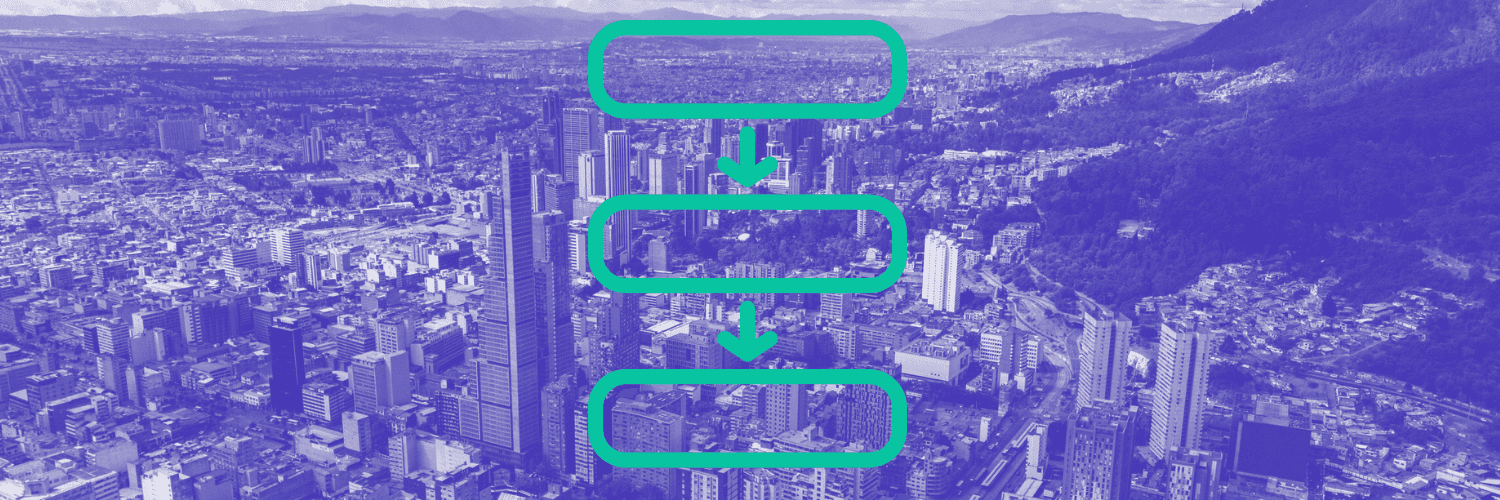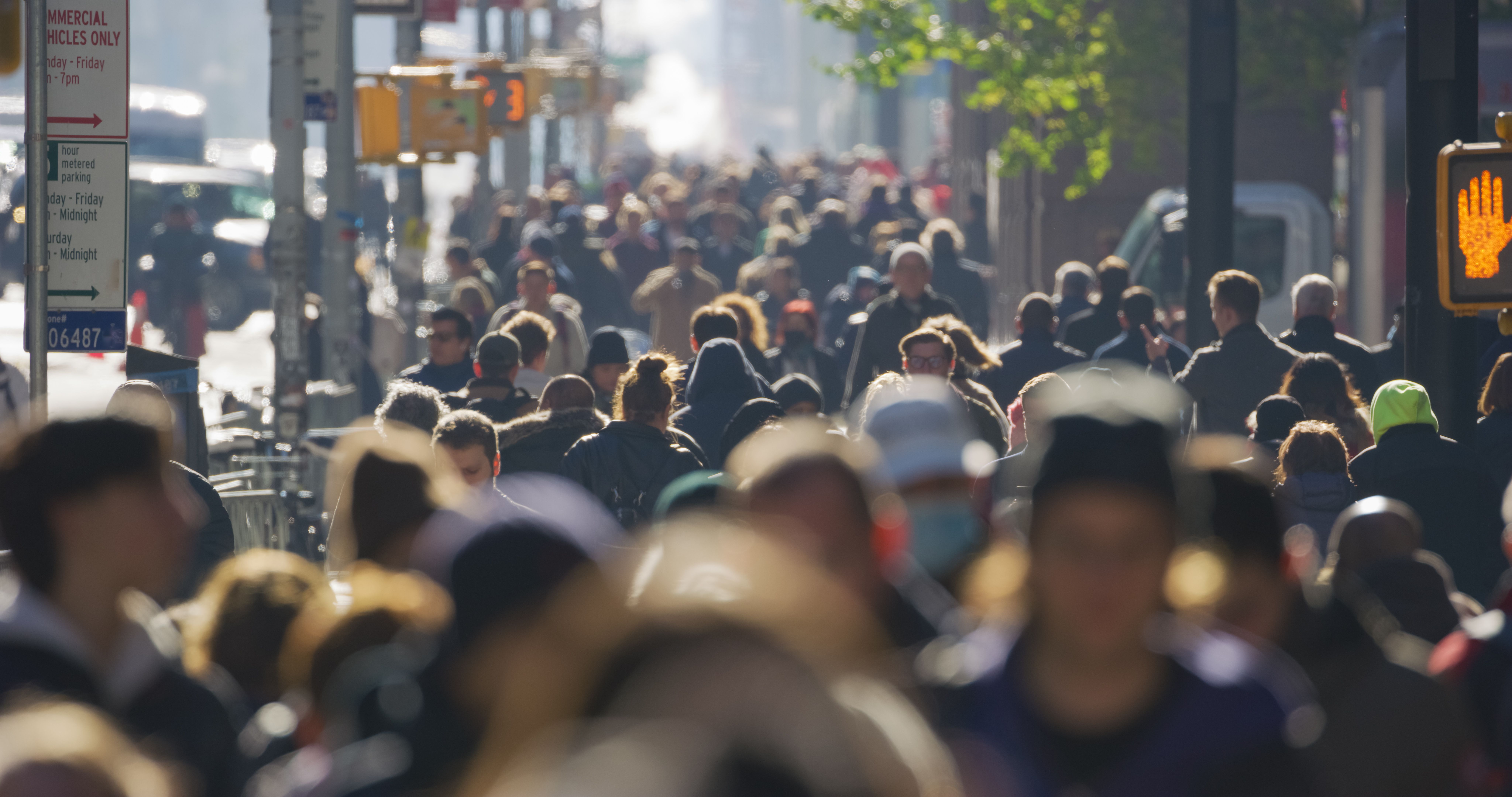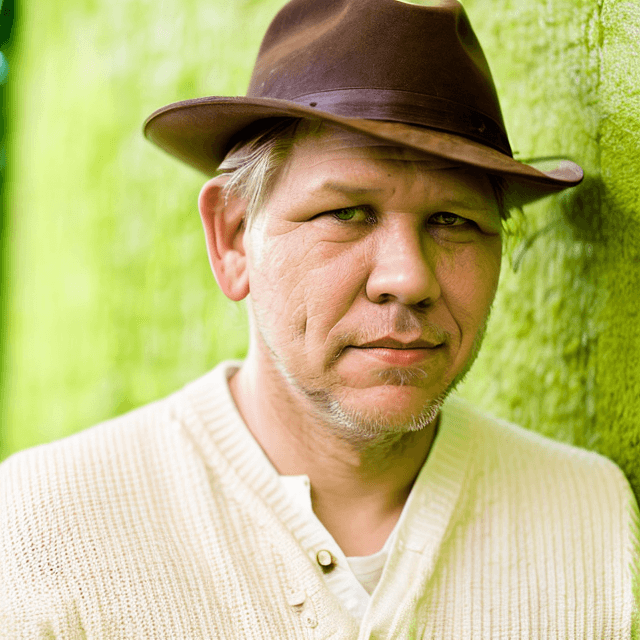

In this interview, strategic foresight advisor JT Mudge shares how thinking about the future can help cities make better decisions today. Rather than trying to predict what urban life will look like in 50 years, Mudge examines the forces that shape change – like technology, demographics, and governance – and encourages careful assessment of their long-term impacts. He highlights the importance of planning with future generations in mind, and stresses that real progress often starts with asking better questions, not just adding more technology.
JT Mudge (JTM): First and foremost, as futurists, we try not to predict – we try to give possibilities. The whole idea of foresight is to think about implications, help to anticipate and have more information to make better decisions today.
We will undoubtedly see our cities change and hopefully become more efficient economically as well as environmentally. But what I would really look at to answer this question is what makes up a city, and what drives change in a city? A small shift in this now, can expand into a wide range of possibilities in 50 years time. We can’t predict the future, but we can provide drivers and look for signals of change that will help to indicate it.
Our cities are made of people, infrastructure, governance, energy, sustainability, climate, mobility, logistics and more. Taking governance as an example, I would ask: what are the drivers of change? Is democracy still going to be as prevalent in your city? What is happening now that might continue to drive change in the future?
Take energy as another example – I would look at things like: what is holding back clean energy? What would we need to do as a city to better prepare and invest in the necessary infrastructure and technology? It’s different for each city.
The whole idea of foresight is to think about implications, help to anticipate and have more information to make better decisions today.
JTM: I think the first is technology. We know technology sells, but we have to be careful that we’re not trying to use it to fix everything. What often happens is we add these fixes or improvements without actually going back to the core of the system. If we continue to add more layers of complexity then our systems border on chaos – where you can't touch anything without everything else falling apart.
City planners know this and I think a lot of people know it, but sometimes we just need to be reminded of common sense. When we create something, we have to maintain it. Anytime we create something, we have to maintain it if we want it to live. Maintaining almost always costs more than creating long term.

One of the most important emerging challenges strategic foresight can help think about is demographic. Source: Adobe Stock
The second challenge I think will be demographics – and the needs and values of the demographics of people in cities. We must be prepared for value shifts and to understand the people we represent. We cannot assume that the needs of the next generation and the values of the next generation are going to be the same. So we have to consider how do we create enabling factors when we’re building infrastructure? How do we let other people have a voice so that we have more representative governance?
One thing that makes us as humans so unique is our great ability to think about the future, consider it, then give up things in the present for the benefit of the future.
JTM: Technology is often seen as the bright spot of futures and change. It’s important to understand that technology is really an extension of who we are as people. It is almost a physical manifestation of our social change – it represents our time and our values.
You can see that back from a hundred years ago, we have TV and radio starting to take on a mass media effect, which in turn influences our values through new modes of advertising. And then we see it, of course, through the internet and the ability to instantly connect. It's changing us. Our discourse is very different publicly, which is leading to changes in governance.
How as a city can you be proactive about that? What kind of policies and plans and programs can you put together? It’s easy to see changes in trends in technology, but it’s difficult to see where that could go. And that's where foresight really comes in – it's about understanding the implications and thinking more closely about generations and equity. You have to be considering these things, otherwise technologies such as AI will continue to be unevenly distributed or create even more intergenerational challenges.
One thing that makes us as humans so unique is our great ability to think about the future, consider it, then give up things in the present for the benefit of the future. But sometimes change happens in the way we don't anticipate – and most of the time it's because of our lines of thinking. The way we think is very linear and we have a hard time thinking exponentially. So we can use foresight tools such as futures triangles and implications wheels to understand the drivers that will shape the future.
JTM: I would add that foresight doesn’t have to be a big program. But introducing foresight in your organization throughout existing projects can be really valuable. You want your people to be thinking about implications, rather than just making decisions on very little information.
I think if that is part of the culture of your organization, then the rest will follow. It might not follow as fast as you want, but when you nurture it you will see progress. Keep building up that maturity and capability. If you can get that, I think you’ll be on the right path.

JT Mudge is an award-winning futurist passionate about sustainability, ethics, and equitable futures and a Strategic Foresight Advisor and a core member of the Strategy and Futures Team at UNDP. JT holds a master of science degree in foresight from the University of Houston where he is also an adjunct professor teaching social change theory and futures.
This article is based on an interview conducted by Laura Valdés Cano, with the invaluable support of Oscar Chamat-Nuñez, editorial assistance of Caitlin Law and Juliette de Gouberville. The text has been edited for readability purposes.